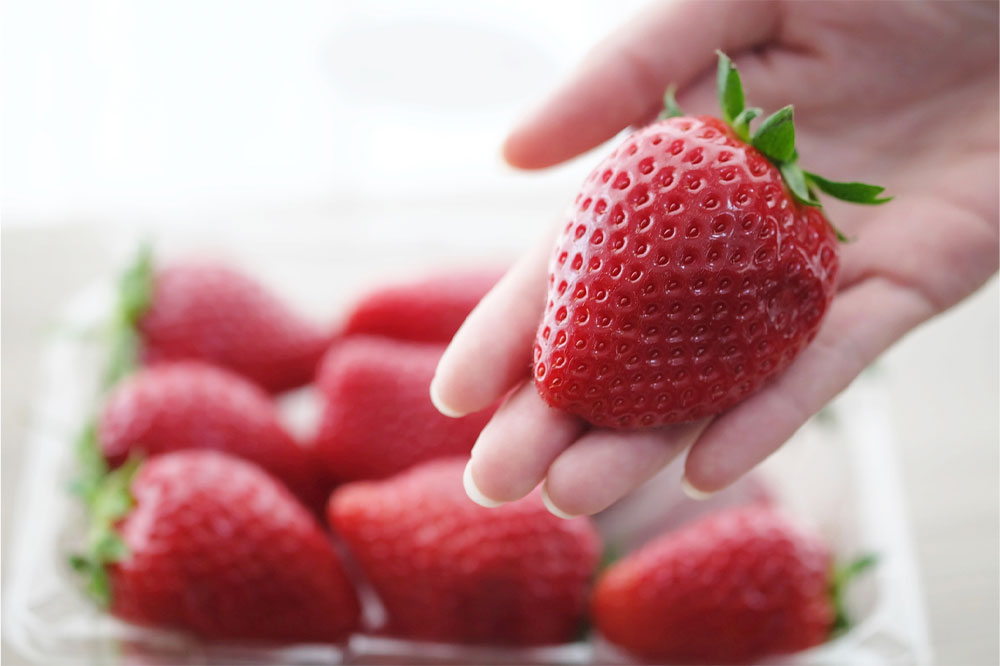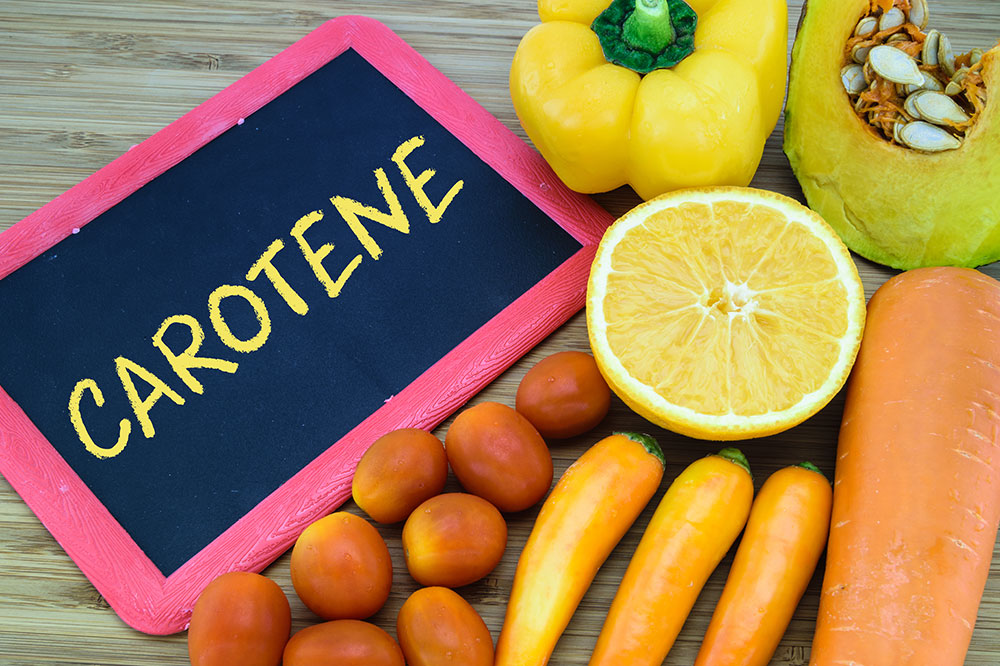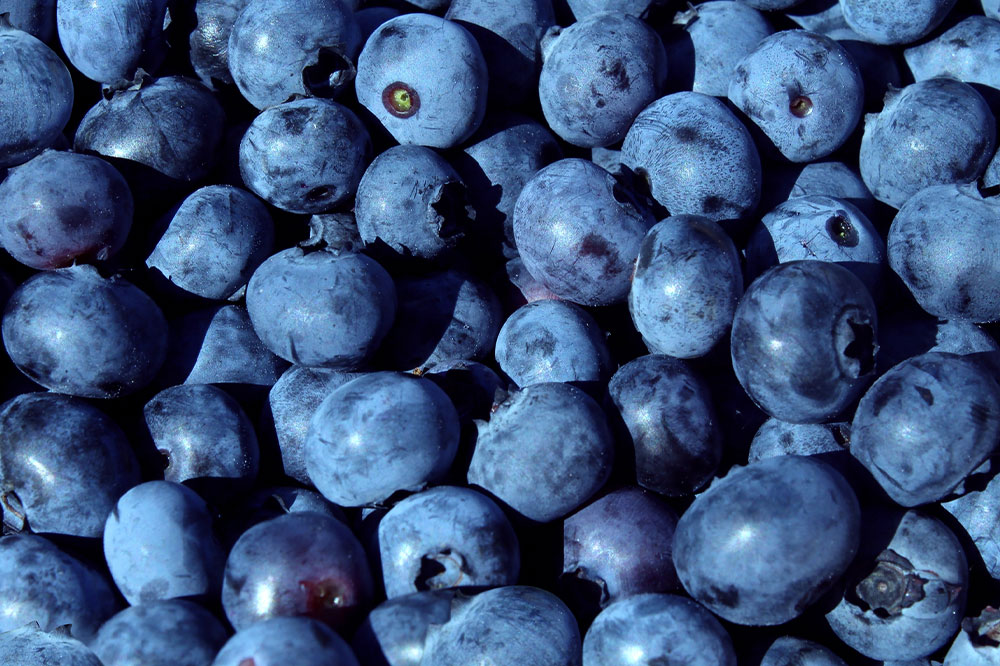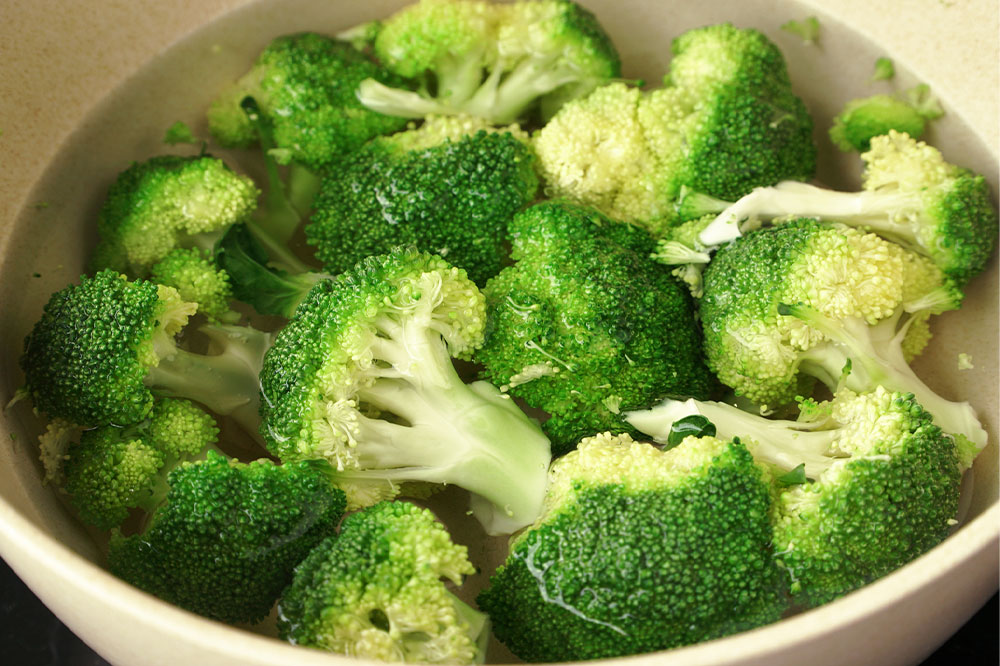Harnessing the Power of Natural Nutrients to Minimize Skin Cancer Risk
Discover how natural nutrients and plant-based compounds can help reduce skin cancer risk. Learn about the key bioactive molecules like flavonoids, carotenoids, and sulforaphane, and their rich dietary sources. Incorporate these powerful ingredients into your diet to support skin health, enhance immunity, and prevent cancer. Combining scientific evidence with traditional wisdom, this comprehensive guide provides practical tips for boosting skin resilience naturally. Protect your skin effectively through diet and lifestyle choices backed by the latest research in cancer prevention and natural health solutions.

In recent years, there's been a surge of interest in the role of natural foods and plant-based compounds in promoting overall health and preventing chronic diseases, including various forms of cancer. Scientific research combined with traditional medicinal knowledge highlights the potential of natural ingredients to serve as effective preventive agents, especially in safeguarding the skin against malignancies. Among these, specific natural compounds have been identified for their promising roles in reducing the risk of skin cancer, notably melanoma, which is known for its aggressive behavior and high mortality rate.
Natural-Origin Anti-Cancer Compounds: A Closer Look
It is well-documented that many of the most potent anti-cancer agents are derived from nature. This includes a diverse array of marine organisms, microbial sources, and plant-based compounds. Melanoma poses a significant health threat due to its invasive nature and propensity for metastasis. Consequently, extensive research efforts are focused on identifying natural substances that can inhibit the initiation and progression of such skin malignancies.
Studies have pinpointed various phytochemicals—bioactive compounds found in plants—that possess anti-cancer properties. These include flavonoids, terpenoids, carotenoids, sulforaphane, essential vitamins, and diverse polyphenols. Researchers are increasingly exploring how these compounds may be employed as dietary supplements or preventive diet strategies to lower the risk of developing skin cancer.
Supporting Skin Health Through Natural Compounds
Adopting a diet rich in specific natural compounds is considered one of the most effective preventive strategies against skin cancer. These bioactive molecules work synergistically to enhance skin resilience, neutralize carcinogens, and inhibit cellular mutations. Here's a detailed overview of the primary natural compounds and their dietary sources associated with potential skin cancer prevention:
Flavonoids: These versatile antioxidants are present in a wide array of fruits and vegetables. Studies suggest they can reduce oxidative stress and inhibit cancer cell proliferation. Excellent dietary sources include berries such as blueberries, strawberries, blackberries, and raspberries, as well as cruciferous vegetables like cabbage, kale, spinach, and Brussels sprouts. Other rich sources are onions, parsley, soybeans, citrus fruits, and dark chocolate, which contains flavonoids that support overall skin health.
Terpenoids: Recognized for their anti-inflammatory and antimicrobial properties, terpenoids are naturally occurring in numerous herbs and spices. They are abundantly found in basil, rosemary, cinnamon, oregano, cloves, lavender, black pepper, and tropical fruits like mangoes and apples. Their presence in these foods contributes to their beneficial effects on cellular health and immune function.
Carotenoids: Responsible for the vibrant orange and yellow hues in many fruits and vegetables, carotenoids are potent antioxidants. Dietary sources rich in carotenoids include papayas, cantaloupes, sweet potatoes, tangerines, tomatoes, winter squash, and carrots. Regular consumption of these foods enhances skin protection by scavenging free radicals that can cause DNA damage and initiate carcinogenesis.
Sulforaphane: This sulfur-containing compound has garnered attention for its ability to activate detoxification enzymes and inhibit tumor growth. It is predominantly found in cruciferous vegetables such as broccoli, cauliflower, kale, cabbage, Brussels sprouts, bok choy, collards, mustard greens, and watercress. Incorporating these into meals may bolster the body’s defense mechanisms against skin cancer development.
Vitamins: Vitamins C, E, and A are essential antioxidants that help protect skin cells from oxidative damage caused by UV radiation and environmental toxins. Citrus fruits, such as oranges and grapefruits, provide high levels of vitamin C, while nuts, seeds, and vegetable oils are rich sources of vitamin E. Vitamin A, crucial for skin repair, can be obtained from carrots, sweet potatoes, and leafy greens. Supplementing these vitamins through diet supports skin integrity and resistance against carcinogenic insults.
By consciously incorporating these natural compounds into your daily diet, you can significantly improve your skin's resilience and potentially reduce the risk of developing skin cancer. Alongside other preventive measures such as sun protection and regular skin checks, a nutrient-rich diet plays a foundational role in maintaining healthy skin and preventing malignancies.
In conclusion, emphasis on natural foods rich in flavonoids, terpenoids, carotenoids, sulforaphane, and antioxidants provides a promising avenue for skin cancer prevention. Continuing research in this field ensures that dietary recommendations will evolve, offering more personalized and effective strategies for skin health maintenance.





